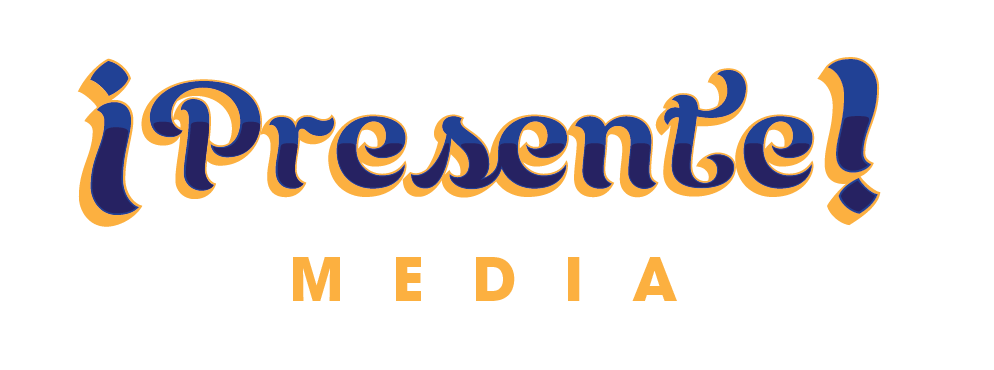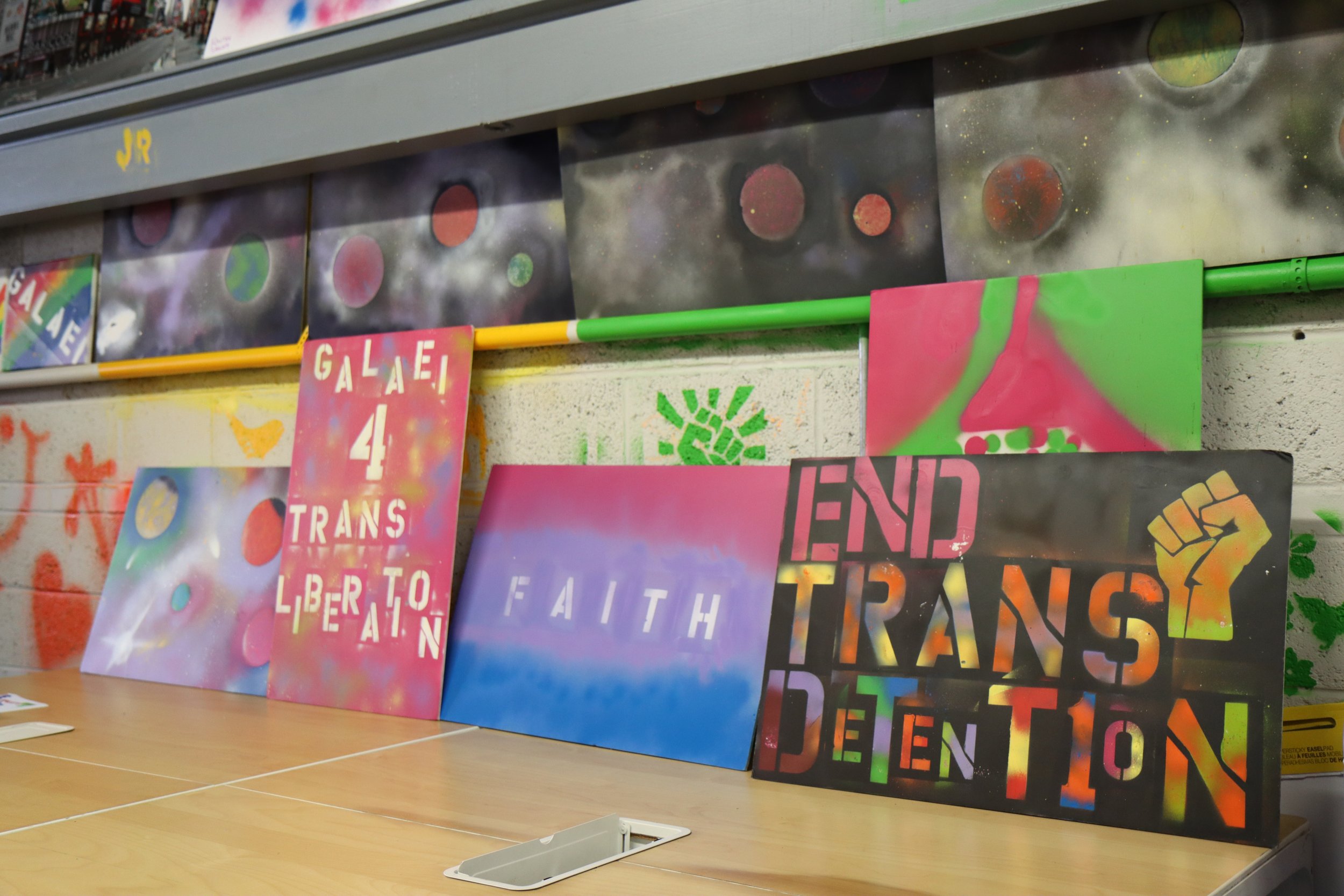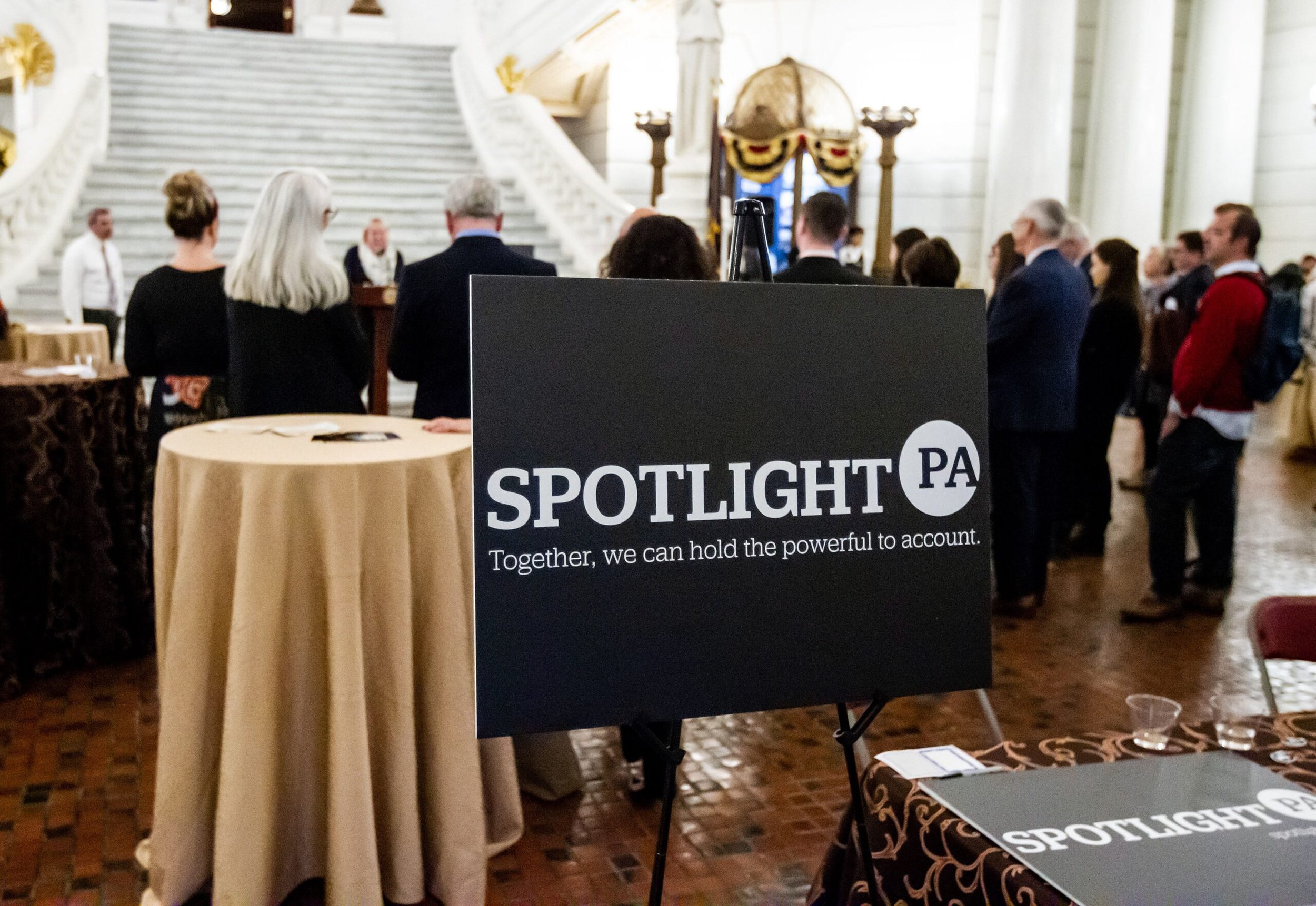GALAEI from Latinx to QTBIPOC
BY MICHELLE MYERS ON NOVEMBER 4, 2021
After 32 years, GALAEI is officially for all QTBIPOC. From left to right: Nelson Gomez, Jorian Veintidos, Liz Lopez, Corem Coreano, and Ashley Coleman. Photo: Michelle Myers/ Presente Media
The 80’s was a time of big hair, mixtapes, rap and punk rock. Yet, what seemed like simpler days was a decade marked by the AIDS epidemic. Queer people were among the most affected and stigmatized, especially men. According to the CDC, by 1986, Laitinx AIDS mortality rate was nearly 3.5 times higher than their white peers. In Philadelphia, poet and activist David Acosta took note of this disparity and founded GALAEI to give the queer latinx community a hub for services and linkage to care. Now, after 32 years, GALAEI has officially expanded its doors to all queer people of color.
From Latinx to QTBIPOC
When it first began, in 1989, GALAEI stand for Gay and Lesbian Latino AIDS Education Initiative. At a time where so little was known about AIDS, resources in Spanish were even more limited. Yet, the non-profit managed to fill Philadelphia’s cultural and language competent services gap, and provided free confidential HIV and STD testing.
Over the years, GALAEI has become the second-oldest Latinx organization in the country. By 2016, they served around 5,500 people per year, and started focusing on social justice through programs aimed to support LGBTQAI+ Latinx people of all ages and gender identities.
After three decades of service, a pandemic, and the protests sparked from the alleged murders of George Floyd and Breonna Taylor at the hands of law enforcement, they deemed it was time to address the changing needs of Philadelphia’s community of color as a whole. In February 2021, activist and high school educator Ashley Coleman (she/her) was announced as GALAEI’s new executive director, becoming the first African American person to lead the nonprofit.
The Emmaus, PA, native has over 20 years of experience in social justice and racial equity under her belt. Before even turning eighteen she was already rallying and advocating for queer youth and inclusive education. After living in four different states, she moved to Philadelphia, double majored in Secondary Education and History at Temple University, and worked as a North Philadelphia public school teacher. In the last decade, she has worked as Mazzoni Center Senior Events Manager, bartender at the Gayborhood, coordinated the world's largest Trans specific conference, and founded her own community-forward non-profit event company.
Excited for her new role, Coleman confessed that “being the first Black executive director at GALAEI means that it's time for a new era.” And the process has already began with the non-profit expanding its focus from the queer Latinx community to all Queer, Trans, Black, Indigenous People of Color (QTBIPOC).
But this resolution didn’t happen as an individual decision. According to S.P.L.A.T program manager Corem Coreano (they/them), after one of their first staff meetings with Coleman everyone took “one look around the room and quickly realized” their identities were more diverse than what the initial GALAEI acronym was able to encompass.
Soon they set a new goal, to focus on what they called radical social justice. A concept that encompasses the mission to help all QTBIPOC people to access equal opportunities, sexual empowerment, and economic development while fighting systemic oppression, structural racism, discrimination, and white supremacy.
Why does this change matter?
According to Coleman, the idea is to make QTBIPOC feel like they have a space where they are represented in their intersectionality. Photo: Michelle Myers/ Presente Media
According to Coleman, “intersectionality exists and there has been a gap, especially around Afro-Latinx folks.” Since QTBIPOC go through life as part of multiple marginalized groups, they have a unique set of disadvantages that racial equality, feminism, and LGBTQAI+ activism at times struggle to address.
Therefore, opening the doors to all QTBIPOC is a step closer to acknowledging this problem, and how the lack of understanding of this concept has created disparities among people of color.
Despite the fact that, as stated by Coleman, GALAEI provided services to everyone who needed them —regardless of whether or not they belong to the queer Latinx community, keeping it branded as exclusively for LGBTQ+ Latinx people failed to address the intersectionality of many of it’s members. And at times, inadvertently, sent the message that if you didn’t fit in that category they weren’t the place to go to.
“Because they have this idea that we're only serving one aspect of a community, I've had kids walk up to me like ‘Oh, I can't go there because I'm Black’,” explained Coreano who is Afro Latinx. Ultimately leading the team to aim for a space where beyond receiving services, all QTBIPOC could feel welcome and represented.
For Coleman, This doesn’t imply that non-QTBIPOC aren’t welcome in their space anymore, or that they are abandoning their original mission to be a hub for queer Latinx in Philadelphia. Quite the opposite, they are now choosing to expand the spotlight to focus on the queer community of color as a whole.
“You want to bring your white home girl? Bring her! Absolutely. She can come. But her story is not going to be the centerpiece of the programming that we do. She's going to come and learn about Black and Brown stories, QTBIPOC stories, queer stories. She is going to learn about what we want and need and experience,” said Coleman.
Change can be hard
GALAEI has rename it’s programs and re adapt to fit the needs of QTBIPOC in the community. Photo: Michelle Myers/ Presente Media
After three decades of a community used to having an organization exclusively dedicated to them, at a place where not a lot of things are, a change like this can be very hard. “We have been tackling the haters since we announced it,” said Coreano without wanting to further elaborate.
To that, Coleman assures that the plan has never been to leave the Latinx community aside, but rather to adjust to the intersections of the queer community of color as a whole. Under this new mission, and Coreano’s department, 2021 became the first year they were able to offer “Camp GALAEI,” the non-profit’s first youth camp open to all QTBIPOC children ages eight to twelve.
The summer program was focused on giving low income QTBIPOC kids access to, as Coleman described it, “historically white spaces” for a week. There the youth experienced activities like rock-climbing, swimming lessons, and art classes. In order to learn that “they too can take up space in these rooms, and foster an environment where they can feel like there are other people that experience life like them,” she added.
GALAEI continues to open its doors to Philadelphia’s community of color Tuesday through Friday, between 10:00am to 6:00pm. And despite the change in the scope of services their programs remain the same , for the most part.
SOY (Supporting Our Youth) is still directed by Coreano and focuses in providing Philadelphia’s queer youth with leadership programs, but now under the name S.P.L.A.T (Student Power Leadership and Activism Together). Likewise, POP (Prioritizing Our People) remains under the management of Jorian Rivera-Veintidos (they/them) and Nelson Torres-Gomez (they/them). However, the focus has expanded from HIV and STI testing and accompaniment to community wellness, including body positivity activities and QTBIPOC women discussions. Last but not least, T.I.N.G.S (Transgender, Intersex, Non-Binary, Gender Non-Confirming Services) continues to be directed by Valentia Rosario-DeJesus as a hub for of access to transgender and non-binary group meetings, therapy, GED entry programs, life skill training, resume building, among other services.
Amid it all, Coleman urges the community to “tell us what you need so we can bring it to you.” Laying the philosophy of her management on understanding intersectionality and making QTBIPOC feel seen and represented. “For QTBIPOC, by QTBIPOC,” she clarified, assuring that this is not GALAEI’s final form.













